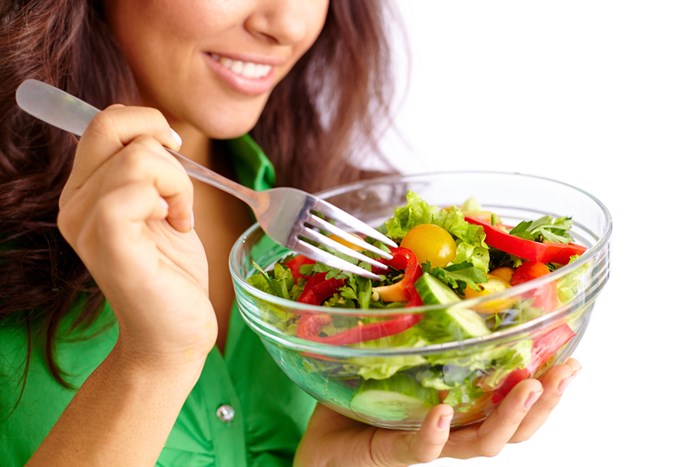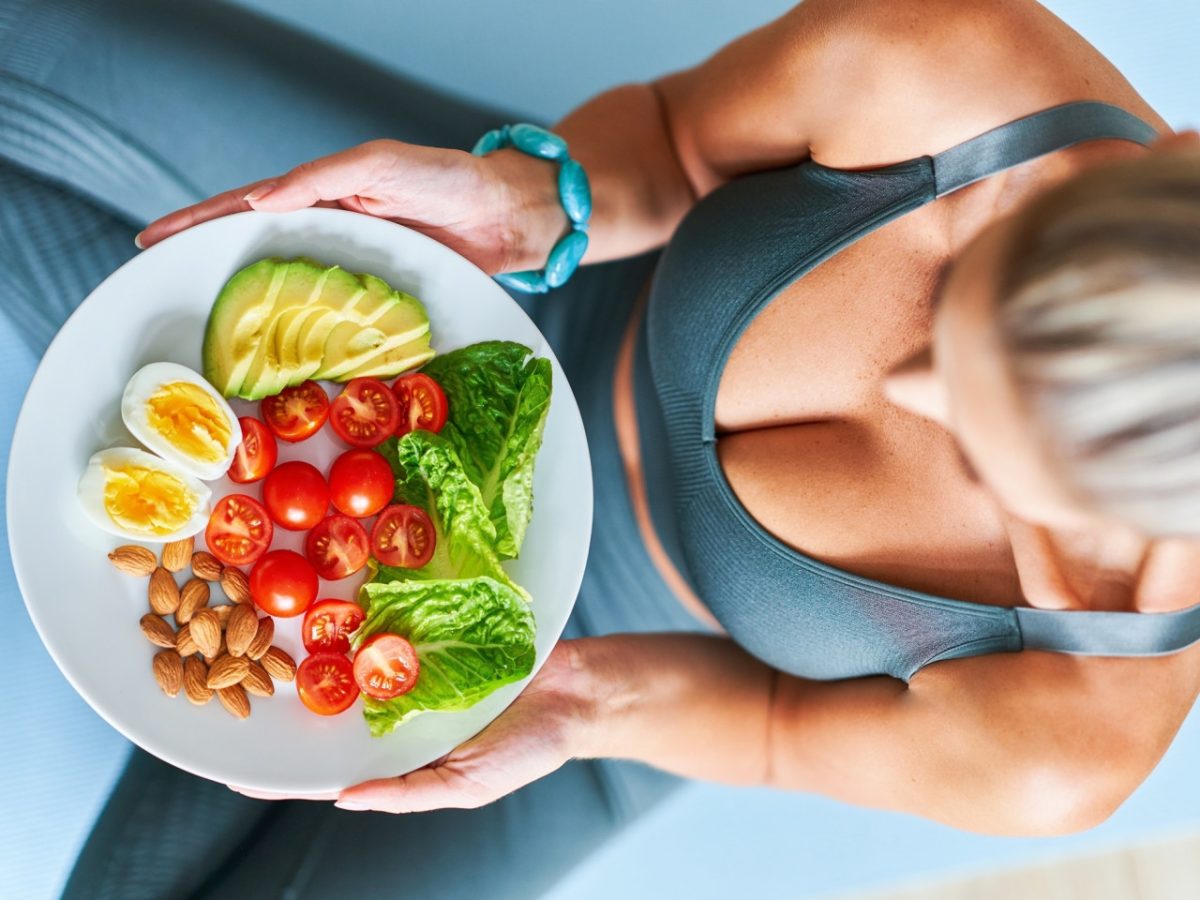Navigating the journey of recovery after liposuction requires a well-crafted diet plan to ensure optimal healing and maintain the results. A tailored diet after liposuction is not just about quick fixes; it’s about integrating sustainable, nutritional practices that support your body’s healing process and help solidify the physical changes. Understanding what foods to embrace and which to avoid can make a significant difference in your post-surgery outcomes. This guide aims to provide essential insights into crafting an effective diet post-liposuction, focusing on nourishment, balance, and long-term wellness.
Importance of Healthy Eating After Liposuction
Maintaining Results
Healthy eating is crucial after liposuction. It helps keep the body in shape. Unhealthy eating habits can undo the surgery’s effects.
A balanced diet prevents fat from returning to treated areas. This means focusing on fruits, vegetables, lean proteins, and whole grains. Avoid sugary snacks and processed foods.
Speedy Recovery
Proper nutrition aids recovery post-surgery. The body needs vitamins and minerals to heal. Foods rich in vitamin C, protein, and zinc are especially important.
Eating well reduces swelling and speeds up healing time. Drinking plenty of water is also vital for recovery.
Preventing Fat Reaccumulation
A balanced diet stops fat from coming back after liposuction. It ensures long-term success of the procedure.
Avoiding unhealthy eating habits is key here.
-
Eat small portions.
-
Choose nutrient-dense foods over calorie-rich options.
-
Limit intake of saturated fats and sugars.
Benefits
Preparing Your Body with the Right Pre-Liposuction Diet
Hydration Focus
Hydrating your body is crucial before undergoing liposuction. Drinking plenty of water aids in maintaining optimal health and prepares your body for surgery. It supports digestion and helps flush toxins from your system.
Increasing water intake should be a priority. Aim for at least eight glasses a day. This simple change can have significant benefits for your overall well-being.
Protein and Vegetables
Lean proteins and vegetables are essential in reducing inflammation before surgery. Foods like chicken, fish, tofu, and leafy greens support healing processes. They provide the nutrients needed for recovery.
Incorporating these foods into your diet can help minimize pre-surgery risks. They aid in strengthening the body’s natural defenses against infection.
Lowering Salt and Sugar
Reducing salt and sugar intake is key to minimizing swelling post-surgery. High levels of sodium can cause fluid retention, leading to increased swelling after lipo.
Avoid processed foods rich in simple carbohydrates as they often contain hidden salts and sugars. Focus on whole foods that promote healthy digestion without adding unnecessary stress to your body.
Essential Nutrients for Post-Liposuction Healing
Vitamin Support
Vitamin C and zinc play vital roles in healing after liposuction. These nutrients help repair tissues and heal wounds. Foods rich in vitamin C such as oranges, strawberries, and bell peppers should be included in your diet. Zinc is found in meat, shellfish, and legumes.
Eating these foods speeds up recovery. They also strengthen the immune system. This helps prevent infections at the surgery site.
Protein Intake
Protein is key for tissue repair and muscle maintenance post-liposuction. Lean meats, eggs, dairy products, and beans are excellent sources of protein. Incorporating these into meals ensures efficient healing.
Adequate protein intake supports the rebuilding of skin and muscle fibers damaged during surgery.
Omega-3 Fatty Acids
Omega-3 fatty acids are known to reduce inflammation which is crucial after liposuction. Foods like salmon, chia seeds, walnuts, and flaxseeds are high in omega-3s. Including these foods can ease swelling and aid faster recovery.
Avoiding sugars is also important because they can increase inflammation which slows down healing. Opting for whole foods over processed ones keeps inflammation low.
Foods to Promote Liposuction Recovery
Enzyme-Rich Fruits
Pineapple and papaya are not just tasty. They hold special enzymes that reduce bruising. These fruits contain bromelain and papain, respectively. After liposuction, the body goes through healing processes. Bruises can be a part of this.
Eating pineapple and papaya helps speed up recovery. Make these fruits a regular part of your diet post-surgery.
Iron-Packed Greens
Leafy greens are crucial for improving iron levels in the body. This is especially important after liposuction. Why? Because they combat post-op fatigue.
Spinach, kale, and Swiss chard should be on your plate often. They provide the necessary iron boost your body needs to recover swiftly.
Vitamin E Sources
Almonds and sunflower seeds are excellent sources of Vitamin E. This vitamin is essential for skin health during recovery from liposuction.
Incorporate almonds into your snacks or meals daily. Sunflower seeds can also be sprinkled over salads or yogurt. Both help in maintaining healthy skin post-operation.

Managing Weight After Liposuction
Portion Control
After liposuction, managing portions is crucial. It helps keep your body shape in check. Overeating can lead to weight gain, affecting the surgery’s results. Small, measured meals are best.
Eating slowly and on smaller plates can help too. This trick makes you feel fuller with less food. Remember, after surgery, your body needs balance.
Balanced Meals
Regular, balanced meals are key to avoiding sudden weight gains. Include proteins, vegetables, fruits, and whole grains in your diet. These foods provide essential nutrients without excessive calories.
Avoid sugary snacks and processed foods. They can cause swelling and slow down recovery from liposuction.
Physical Activity
Incorporate physical activity as advised by a healthcare provider post-liposuction. Start with light exercises like walking or stretching.
Listen to your body and increase intensity gradually over weeks or months. Regular exercise prevents fat cells from expanding again in other areas of the body.
Tips for Success:
-
Stay Hydrated: Drink plenty of water throughout the day.
-
Eat Mindfully: Focus on eating slowly to recognize when you’re full.
**
Foods to Include in Your Post-Liposuction Diet
Antioxidant Fruits
Berries and citrus fruits are essential after liposuction. They pack a powerful antioxidant punch. These fruits help the body fight inflammation. They also keep you hydrated.
Eating strawberries, blueberries, oranges, and lemons is beneficial. These fruits can speed up your recovery process.
Whole Grains
Quinoa and brown rice should be staples in your diet post-surgery. They provide sustained energy without the risk of weight gain. This is crucial for maintaining results from liposuction.
These grains make you feel full longer. They prevent unhealthy snacking between meals.
Lean Protein
Grilled fish is an excellent source of lean protein. It helps with muscle strength and repair after surgery.
Options like salmon and tuna are not only delicious but also rich in omega-3 fatty acids. These fats support heart health.
Foods to Avoid After Liposuction Surgery
Processed Foods
After liposuction, your body needs the best nutrients for healing. Processed foods are not on that list. They are high in sodium, which can cause water retention. This is something you want to avoid.
Eating too much salt leads to swelling and discomfort. It can also slow down your recovery process after surgery. Choose fresh fruits and vegetables instead of reaching for canned or packaged snacks.
Sugary Snacks
Sugary snacks and beverages are tempting but harmful post-liposuction. They contribute to weight rebound, undoing the results of your surgery.
Consuming a lot of sugar can lead to an increase in fat deposits. This is especially true if you’re not active during recovery. Opt for natural sugars found in fruits rather than cakes or sodas.
Fatty Meats
Fatty meats contain unhealthy fats that can slow down the healing process. These include saturated fats, which aren’t good for anyone recovering from liposuction.
Unhealthy fats increase inflammation and make it harder for wounds to heal properly. Lean proteins like chicken breast or fish are better options after surgery. They provide essential nutrients without the added risks associated with fatty meats.
Tips for Healthy Eating During Liposuction Recovery
Meal Planning
Meal planning is crucial after liposuction. It ensures you get a balanced mix of nutrients to help your body heal. Start by creating a weekly menu. Include lean proteins, fruits, vegetables, and whole grains. These foods provide vitamins, minerals, and fiber.
Planning helps avoid the temptation of unhealthy snacks or meals. You know exactly what you will eat each day. This reduces the chances of reaching for fast food.
Reading Labels
Food labels are informative but can be tricky. They often hide high amounts of sugars and salts under different names. Learning to read these labels is key during recovery.
Look for words like “sucrose,” “fructose,” or anything ending in “-ose” for sugars. For salt, check not just “salt” but also “sodium” levels.
Avoiding hidden sugars and salts helps control inflammation and water retention. Both are important post-liposuction.
Staying Hydrated
Hydration is essential but often overlooked during recovery from liposuction.
-
Drink plenty of water throughout the day.
-
Avoid drinks high in calories like sodas or sugary coffees.
Water aids in healing by flushing out toxins from your body faster. It also keeps skin healthy which is crucial when recovering from any surgery.
Summary
Adopting a nutritious diet after liposuction is crucial for enhancing recovery, maintaining the results, and ensuring long-term health benefits. The sections above have outlined the importance of healthy eating post-surgery, highlighted essential nutrients and foods that support healing, and provided guidance on managing weight effectively. By focusing on foods to include and avoid, alongside tips for healthy eating during recovery, individuals can navigate their post-liposuction journey with confidence. It’s imperative to remember that the success of liposuction extends beyond the procedure itself; it requires a commitment to a balanced diet and a healthy lifestyle.
For those seeking to maximize their liposuction outcomes, integrating the dietary recommendations detailed above is essential. Embrace these guidelines as part of your overall wellness plan. If further personalized advice is needed, consulting with a nutritionist or healthcare provider can offer tailored support. Make the choice today to invest in your health and well-being for a brighter, more confident tomorrow.
Frequently Asked Questions
What should I eat after liposuction to aid healing?
Consume foods rich in vitamins A and C, protein, and zinc to support wound healing. Include fruits, vegetables, lean meats, and nuts in your diet.
How can I maintain my weight post-liposuction?
Focus on a balanced diet with controlled portions. Incorporate regular exercise tailored to your recovery stage to prevent weight gain.
Are there specific nutrients important for recovery after liposuction?
Yes, prioritize intake of vitamin A & C for skin repair, protein for tissue rebuilding, and zinc for wound healing. These are essential for a smooth recovery process.
What foods should be avoided after undergoing liposuction surgery?
Post-liposuction avoid processed foods high in sugar and fat. Also limit salt intake as it can increase swelling during the recovery phase.
Can pre-liposuction diet influence surgical outcomes?
Absolutely. A healthy pre-liposuction diet rich in vitamins and low in fats can improve both the surgery experience and recovery by optimizing overall health.
How does healthy eating benefit me after liposuction?
Healthy eating aids faster recovery by reducing inflammation and providing your body with necessary nutrients needed for effective healing post-surgery.



